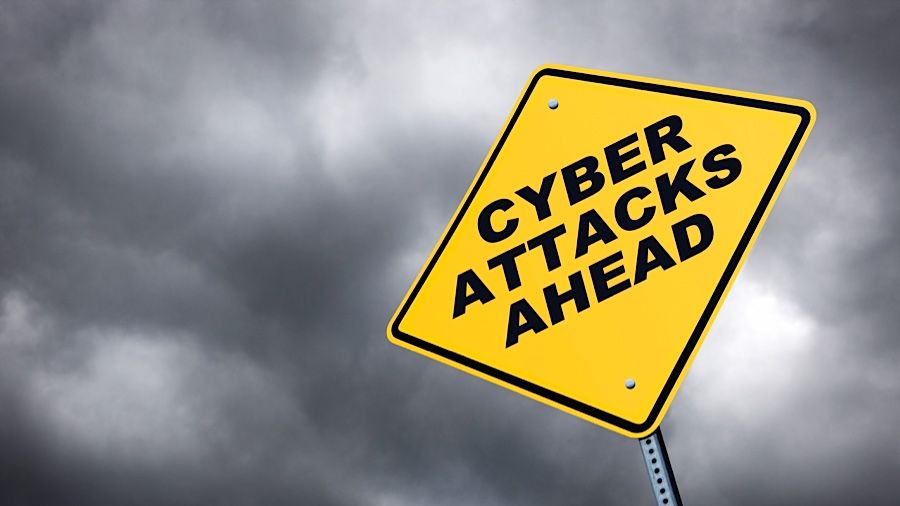Russian Hackers Steal Data from Ukraine's Military: A Deep Dive into the Cyber War
The ongoing conflict between Russia and Ukraine extends far beyond the battlefield. A crucial, and often overlooked, front is the cyber war, where sophisticated hacking attempts are a daily reality. Recent reports indicate a significant data breach targeting Ukraine's military, allegedly perpetrated by Russian hackers. This article delves into the details of this attack, its potential implications, and the broader context of cyber warfare in the conflict.
The Scale and Scope of the Data Breach
While precise details remain scarce due to the sensitive nature of military information and ongoing investigations, initial reports suggest a substantial amount of data was compromised. The stolen information is believed to include sensitive intelligence reports, troop deployments, and potentially even strategic plans. The exact nature and extent of the breach are still under assessment by Ukrainian authorities and cybersecurity experts. However, the potential consequences are severe, potentially impacting operational security and strategic decision-making.
Attribution and Accusations
Although no group has explicitly claimed responsibility, fingers point towards Russian state-sponsored hacking groups. This isn't surprising, given Russia's history of employing cyber warfare as a tool in its geopolitical strategies. The sophistication of the attack, the nature of the stolen data, and the timing of the breach all align with the modus operandi of known Russian cyber operations. However, definitive proof requires extensive forensic analysis and intelligence gathering, which is often a lengthy and complex process.
The Broader Context: Cyber Warfare in the Ukraine Conflict
This alleged data breach is just one example of the intense cyber warfare ongoing between Russia and Ukraine. Both sides have repeatedly targeted each other’s critical infrastructure, government websites, and media outlets. This includes:
- Disinformation campaigns: Spreading propaganda and false narratives to confuse and demoralize the population.
- Denial-of-service (DoS) attacks: Overwhelming websites and services to make them unavailable.
- Malware deployments: Infecting systems with malicious software to steal data, disrupt operations, or cause damage.
- Espionage: Targeting sensitive information for intelligence gathering.
This constant barrage of cyberattacks highlights the growing importance of cybersecurity in modern warfare. The conflict serves as a stark reminder of the vulnerabilities of even well-defended systems and the devastating impact of successful cyberattacks.
The Implications and Future Outlook
The consequences of this data breach could be far-reaching. The compromised information could be used to:
- Improve Russian targeting: Giving them a tactical advantage in future offensives.
- Undermine Ukrainian morale: Creating uncertainty and fear amongst military personnel and civilians.
- Disrupt military operations: Hampering the effectiveness of Ukraine's defense strategies.
The international community needs to be vigilant and collaborate on improving cybersecurity defenses. This includes investing in robust security infrastructure, sharing threat intelligence, and developing international norms to deter future cyberattacks. The ongoing conflict underscores the urgent need for a stronger global response to the escalating threat of cyber warfare.
Call to Action: Stay informed about the latest developments in the cyber war and advocate for increased cybersecurity measures. Follow reputable news sources and cybersecurity experts to understand the risks and potential impact of cyberattacks. Learning about cybersecurity best practices can also help protect yourself and your organization from similar threats. [Link to relevant cybersecurity resource here]

